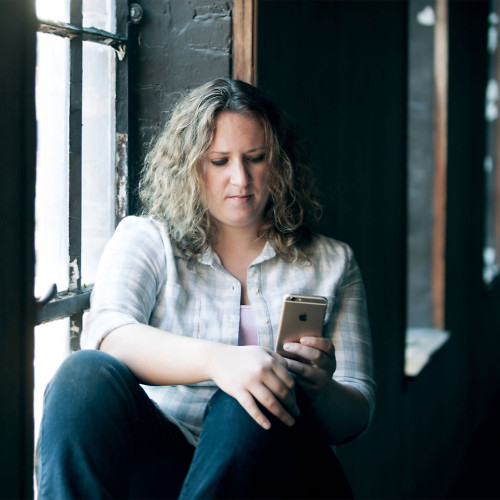Jailbreak, app piracy, and the true cost of theft
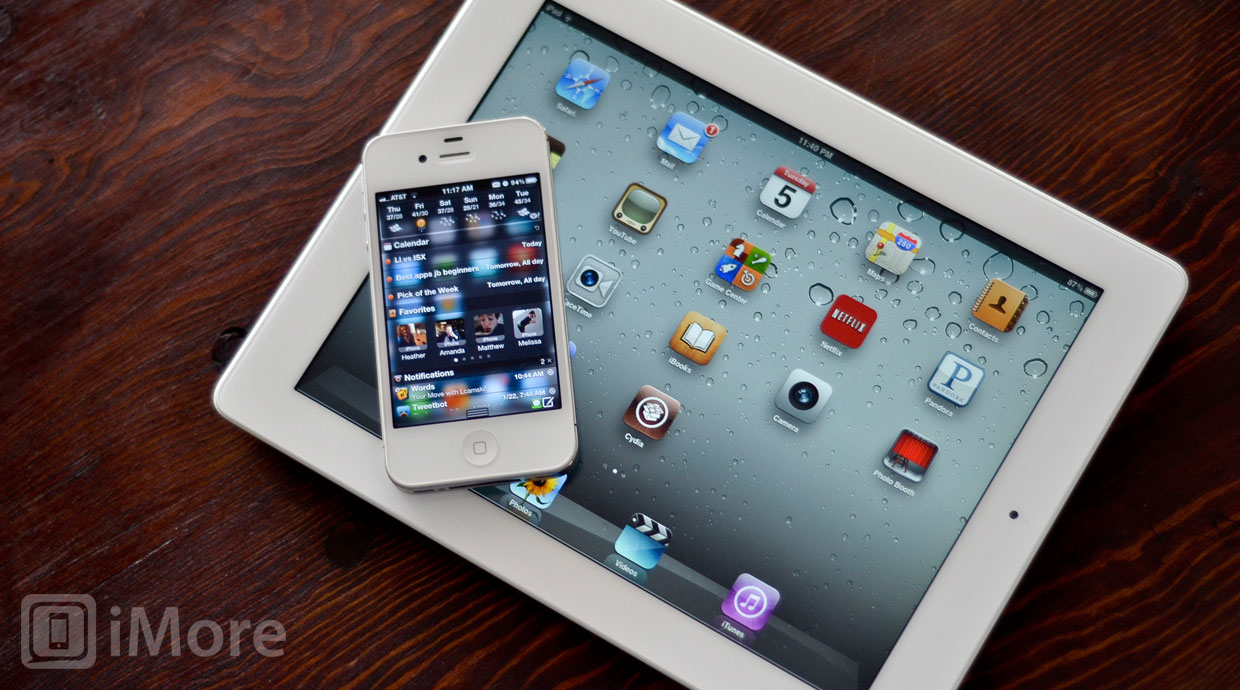
Now that the iOS 5.1.1 jailbreak is available for the iPhone 4S, new iPad, and older devices, the subject of jailbreak in general is getting a lot of attention again, and with it, the dark side of jailbreaking. It seems whenever someone wants to attack the very concept of jailbreak, one of the first salvos unleashed is app piracy. The sad, ugly truth is that those attacks are made possible because some people who jailbreak do so mainly or entirely to get "free" apps. And the sadder, uglier truth is that there's no such thing as "free". Everything has a cost. Even and especially theft.
We're going to use the words "theft" and "steal" here instead of piracy because that's what we're talking about. Steve Jobs once raised a pirate flag at Apple as a symbol of their counterculture and ideals, and the jailbreak community has embraced that spirit.
By no means has the jailbreak community embraced theft.
Both iMore and Mobile Nations have a zero-tolerance policy when it comes to even the discussion of piracy. We place an incredibly high value on developers and the apps they make, and don't want to play any part, directly or indirectly, in disseminating information that hurts developers, the iOS platform, and the legitimate jailbreak community.
Likewise, prominent jailbreak developers have gone out of their way, numerous times, to distance themselves from app theft and ask those using their software not to steal apps.
There's a reason for that. App theft is not a victimless crime. It hurts the iOS platform, it hurts iOS developers, and because of that, it ultimately hurts iOS users.
Stealing apps isn't free. It comes with a very real cost.
Master your iPhone in minutes
iMore offers spot-on advice and guidance from our team of experts, with decades of Apple device experience to lean on. Learn more with iMore!
Getting the excuses out of the way

For years people have been copying CDs, DVDs, Blu-Ray movies, games, and anything else they could get their hands on. Ever since media became copyable, people have been copying it. Some have applied philosophical wrappers around it -- that all bits should be free. Others think that since the original version remains, copies don't equate to theft -- you're not taking it away from anyone else. Others justify their actions based on the hostility often displayed towards users by traditional media companies.
The law does allow for copying in some situations, in some jurisdictions. It sometimes allows for copying to make a backup or change format, for example ripping a CD to iTunes or copying iTunes music to a disk. But none of them make allowances for theft.
Another common excuse is availability and price -- if content could only be bought immediately, and at a fair cost, there'd be no content theft. Game of Thrones is the most common current example. HBO won't release it for sale for months, so users go elsewhere to get it. If HBO would only put it on iTunes, Amazon, etc. in a timely manner, the argument goes, no one would be going elsewhere.
Well guess what -- in almost all cases, the App Store and apps do just that.
And not only that, apps are incredibly inexpensive by any reasonable standard. Paid apps are often $0.99 and most iPhone apps top out at $4.99 with very few exceptions. In most cases they're not only less than a cup of coffee or a movie, but substantially less.
Also, Apple allows users to re-download purchased apps. If you deleted an app by accident, it stopped working right, or you got a new iPhone, iPad, or iPod touch you have the ability to re-download your content without having to re-purchase anything. Your purchases are tied to your iTunes ID, not a specific device. Apple even allows you to authorize content on up to 5 computers and, when it comes to apps, practically as many iOS devices as you'd like.
Easily available, cheaply and fairly priced, and automatically backed up. That removes many of the rationalizations and justifications.
Note: There are some regions that don't support the App Store, or specific parts of the App Store, due to local policies on rating requirements or other licensing issues. In those particular cases, in those particular places, stealing apps may seem like the only way for these users to obtain App Store apps or games. This problem typically arises in countries that don't carry the iPhone, iPad, or iPod touch, in areas where iTunes payments are difficult or challenging, or where Apple is simply not allowed to provide a legitimate service. Still there are legitimate workarounds, like using a U.S. App Store account and loading it with gift cards. If you want to support developers, you'll find a way.
The cost to app developers
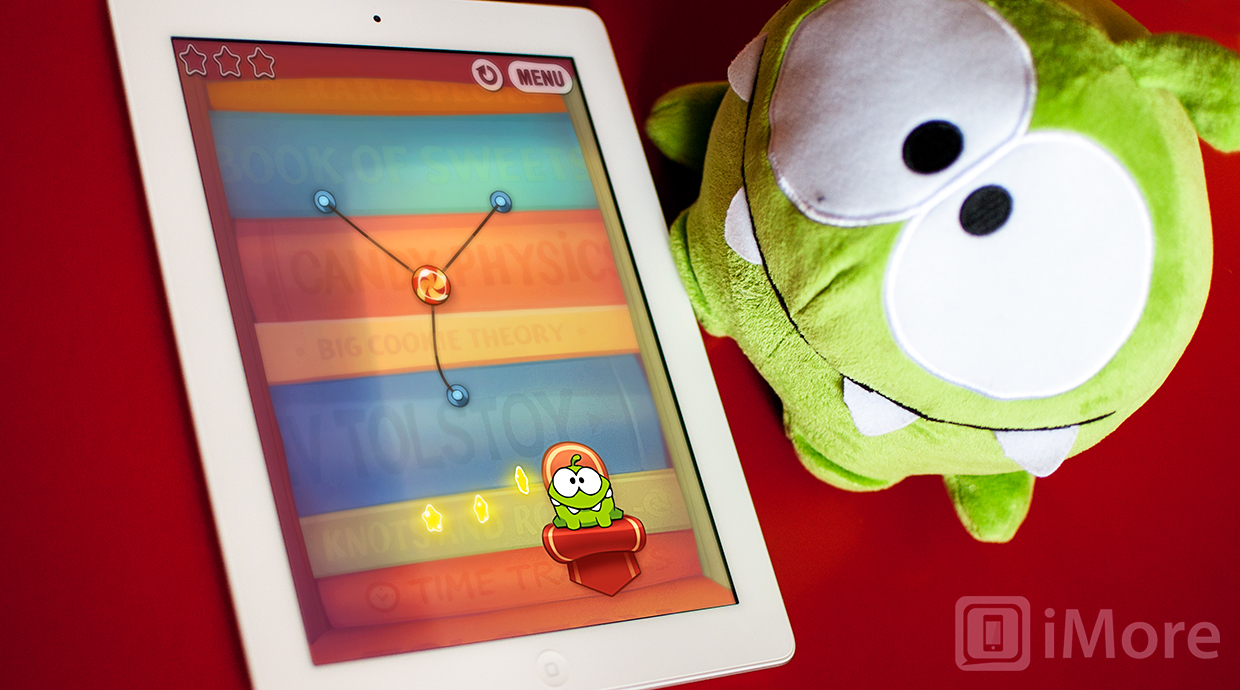
When you jailbreak to steal apps you're essentially taking money out of someone's hand, whether it's an independent developer or a development company. App development takes a lot of time and a lot of money.
Apps can and do cost tens if not hundreds of thousands of dollars to develop. That means every sale is important and can make all the difference to a developer -- the difference between continuing an app or canceling it, making payroll or not making it, feeding their family or not feeding them.
If recent statistics are accurate, almost 60% of developers don't break even on costs when developing and executing an app. These costs typically involve marketing, development, graphic design fees, software licensing, and anything else that goes into submitting a fully polished app to the App Store.
These costs don't stop once the app is submitted to the App Store. If the app uses push notifications or has a web server back end, that costs money. Sometimes a lot of money. If a developer wants to provide technical support to their users, a service we've all come to expect, that's also a lot of money. There are considerable recurring costs for any development team that plans on supporting their app and updating it regularly.
Making, maintaining, supporting, and updating an app is incredibly expensive. And there's no promise every developer will ever get all that money back.
That's the cost to developers, and to users who may get less apps developed or updated because of it.
The cost to Apple

Apple owns the iOS platform. Anything that hurts developers hurts Apple. To that end, Apple has tried to implement services such as in-app purchases and iAds so developers can keep prices down and still earn a living. Yet there's more Apple can and should do.
There have been several developers who have reported seeing more players active on Game Center than have actually purchased their game via the App Store. Sometimes by a factor of 10 or more. There needs to be a way to shut stolen apps out of Game Center so there's less incentive to use the stolen versions of games. iTunes knows which apps we've bought. If a game isn't on our purchased list, it shouldn't work in Game Center. That removes the ego gratification of leader boards and the fun of multiplayer unless and until a legitimate copy of an app is purchased.
The same could be done with iCloud for non-game apps. If an app isn't on our purchased list, it doesn't sync, it doesn't back up.
I'm not pretending to know how complicated such a system would be to deploy, or how much it would disincentivize app theft, but it doesn't seem beyond the realm of possibility.
The more popular an app or game is, the higher the likelihood it will be stolen, and the less money a developer will make from it. If developers find they can't make enough money, they'll stop developing those popular apps. That not only hurts users who want great software, but it hurts the platform.
That's the cost to Apple.
The cost to jailbreak's reputation
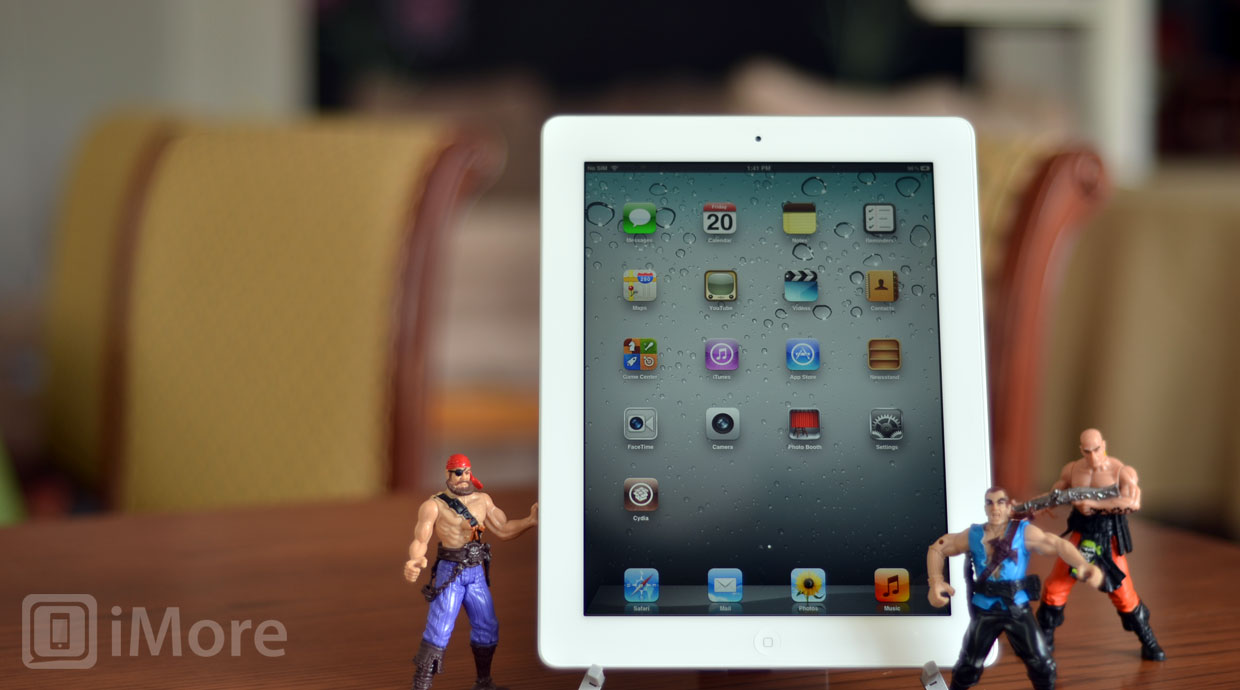
I've been jailbreaking since iOS 1.x and I've never once stolen an app. For myself and many others out there, jailbreak is a tool to add functionality to our iPhones, iPads, Apple TVs, and iPods -- functionality that Apple won't or hasn't give us stock. I actually think I've spent almost as much money on jailbreak apps as I have stock apps. Yet even though many jailbreakers don't steal apps, the conception that jailbreak is a gateway to app theft is impossible to escape.
I've had people come to me for help with their iPhone, people that don't even know how to use iCloud, but who know all the ins and outs of app theft. They can't be bothered to back up their own data but they'll spend hours and hours figuring out how to screw a developer out of $0.99 or $4.99.
And they cost jailbreak its reputation. They enable jailbreak to be called a tool for app theft instead of a breeding ground for innovation. They enable those who would like to see jailbreak made illegal to couch their self-interest in the flag of criminal justice.
That's the cost paid by the jailbreak community, and by those who jailbreak for legitimate reasons.
The cost to users
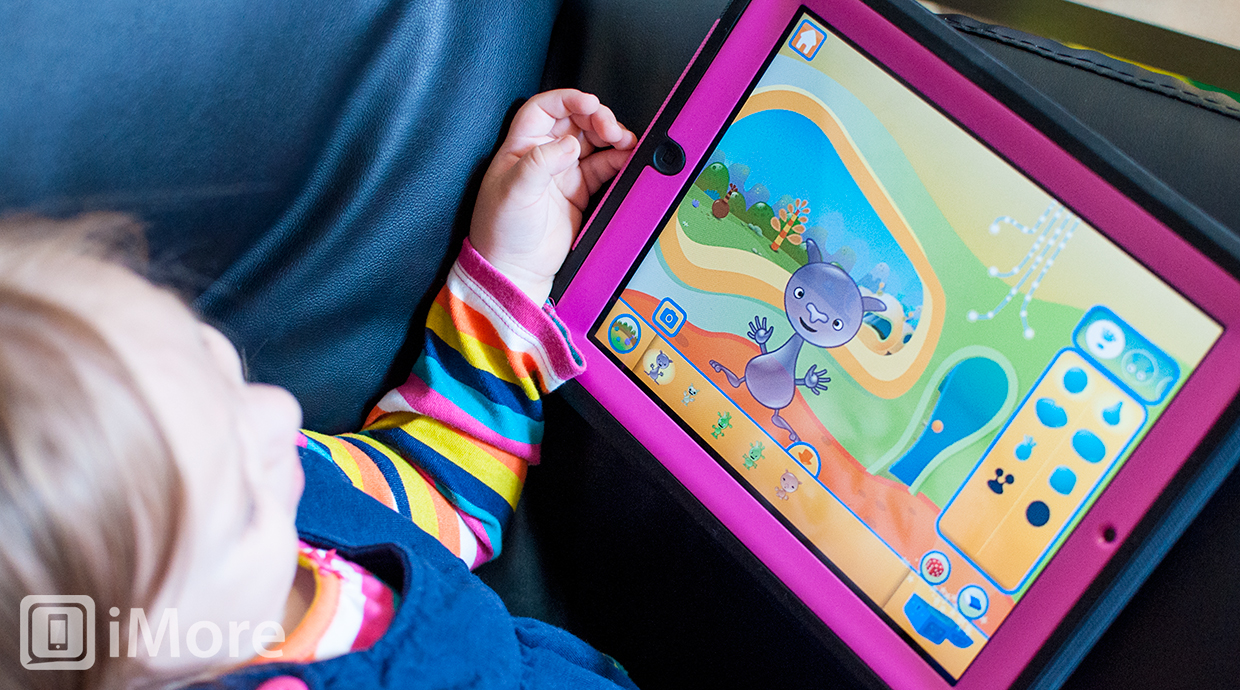
I'm not here to give anyone a lecture on morals or ethics. If you're stealing apps, one article probably won't change your mind. Maybe you already know that you're costing developers money, that you're tarnishing the reputation of the jailbreak community, and maybe even that you're hurting the iOS platform. Perhaps you've justified it to yourself by saying developers are rich and you're copying not stealing, or you don't care about the jailbreak community, or that Apple has so much money nothing could ever hurt iOS.
But what about us?
We're all connected.
If you're stealing apps it's because you want apps. Keep stealing them, and the quality and quantity of apps will eventually diminish. If you're jailbreaking, you need the jailbreak community to keep releasing tools for jailbreak. Keep using jailbreak to steal apps and either laws using you as an excuse, or jailbreak developers fed up with how you're misusing their tools will stop providing them. And all of this is dependent on Apple not figuring out a way to shut it all down or make it so time consuming that it might as well be shut down.
I'd like to envision a strong future for jailbreak and for stock iOS. Stealing apps is simply the right way to get all the wrong attention, and to hurt everything you enjoy.
On the other hand, buying the apps you like rewards developers for their hard work and helps ensure they can continue to update those apps, and make more of them, now and into the future. It shows the world that jailbreak is about adding functionality and not stealing money. And it shows Apple that their time and attention is better spent being inspired by jailbreak rather than shutting it down.
If that's not enough, consider the threat: On desktop computers, it's not unheard of for bad guys to modify stolen apps before distributing them, infecting them with malware to infect systems and steal information. That's not meant a as scare tactic, but a warning. "Free" could eventually come at the price of your
Losing apps, losing jailbreak tools, and ultimately losing jailbreak is the cost to users.
Conclusion
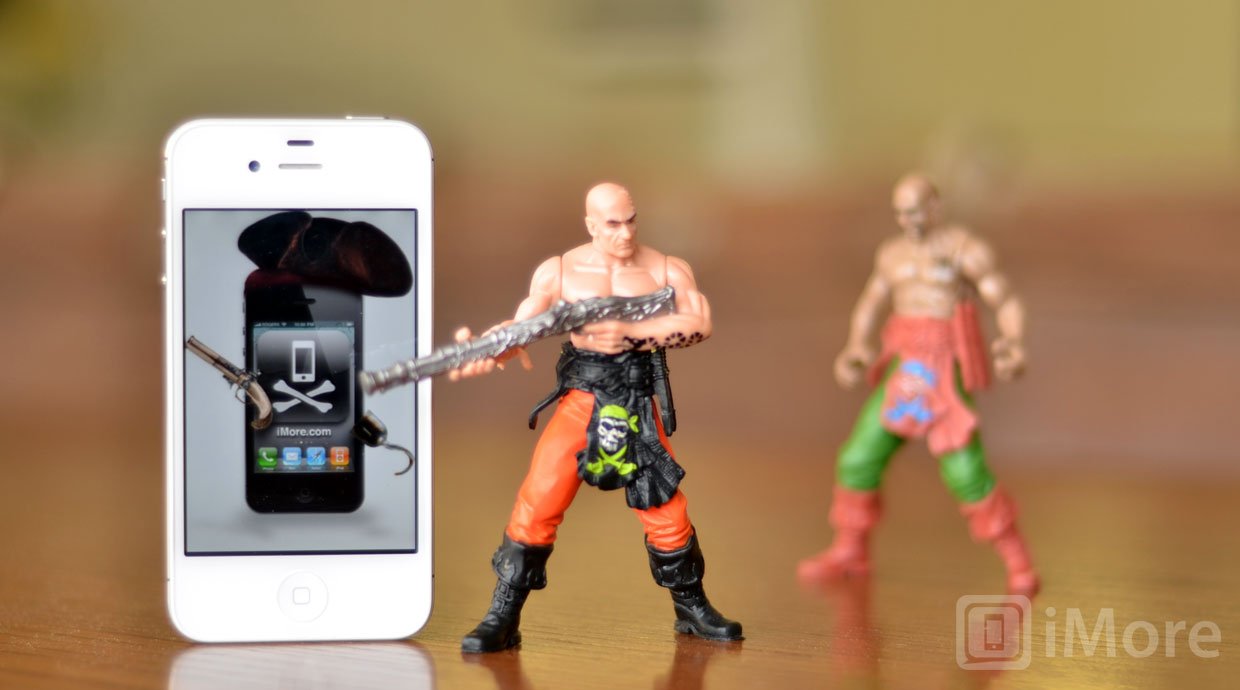
For years we've been clamoring for great content, readily available and priced fairly. With the App Store, we have it. The best defense against accusations that jailbreak is all about app theft is simply not to steal apps. The best way to get more great apps is simply to buy the great apps we have today.
There's no such thing as free. Even theft has its price. And we can all choose not to pay it.
iMore senior editor from 2011 to 2015.
